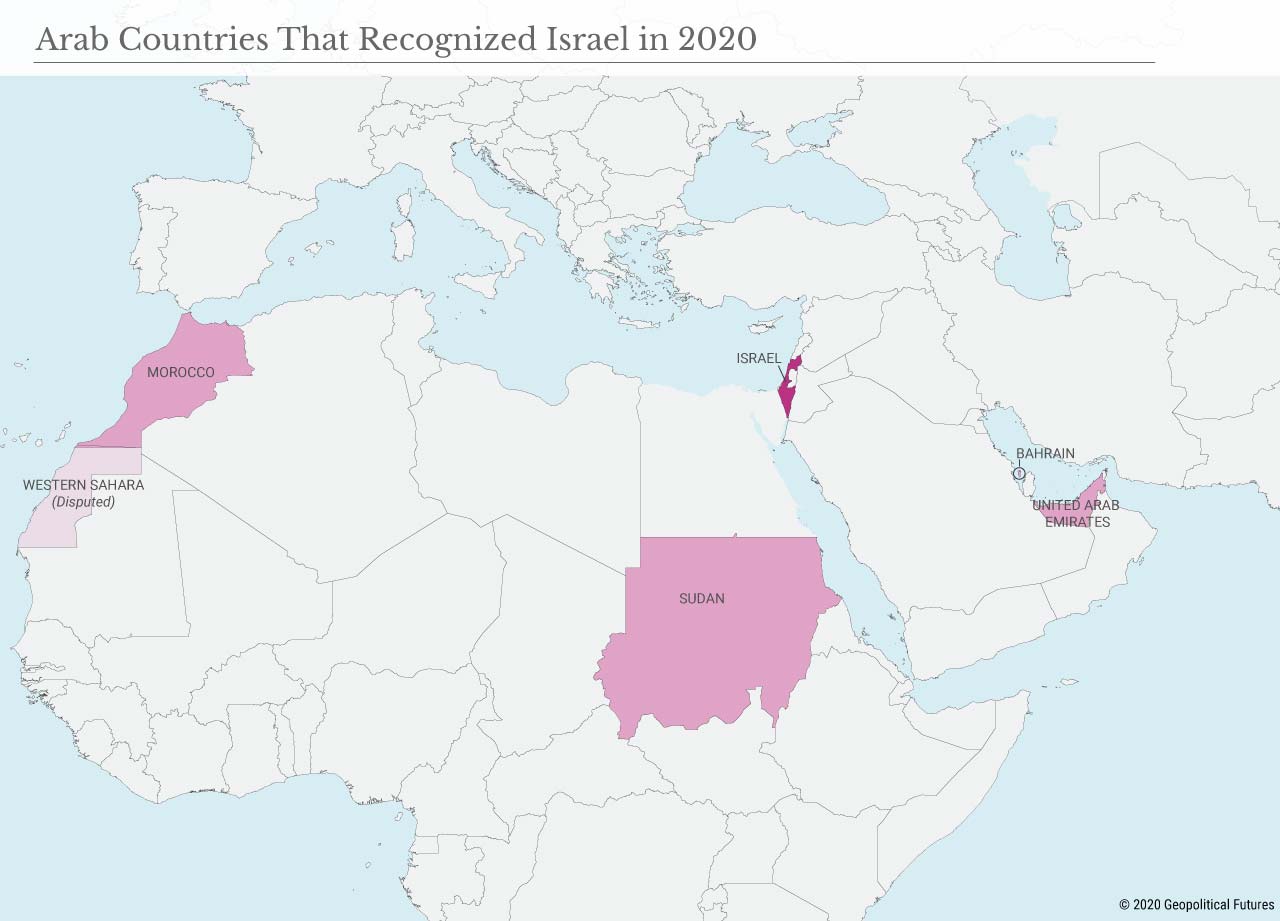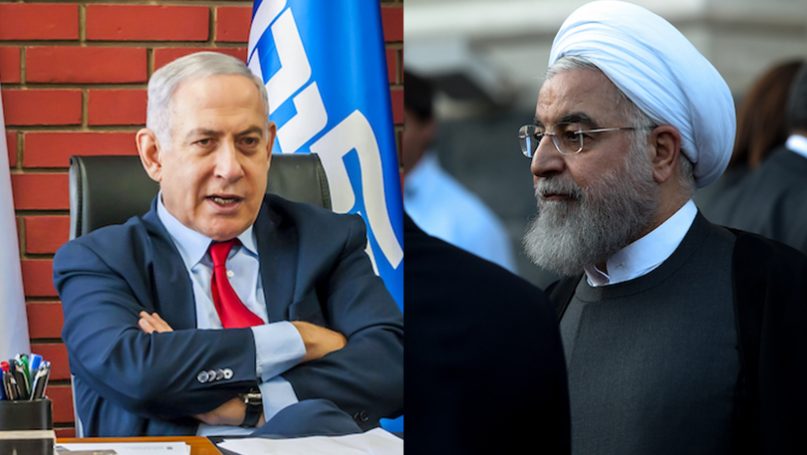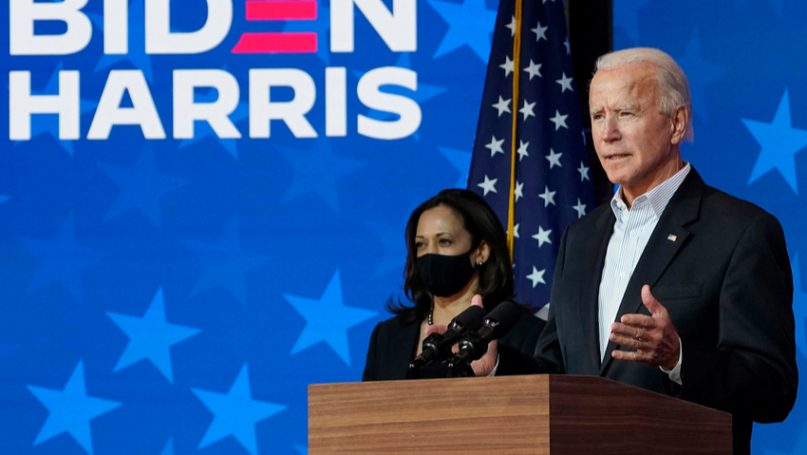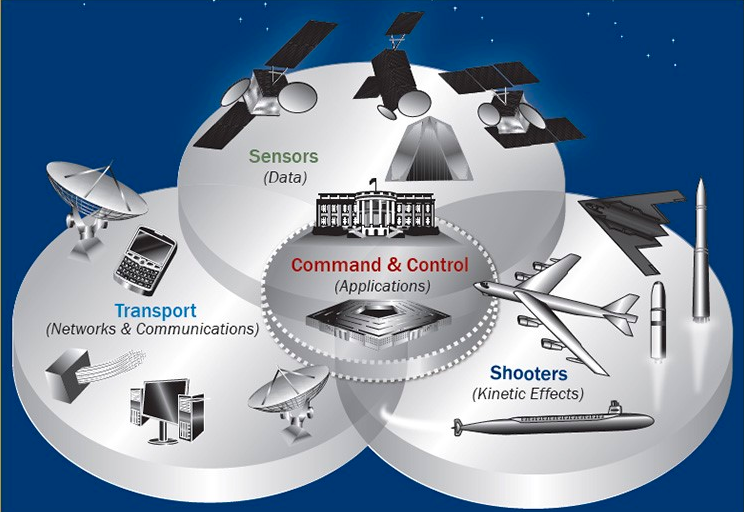by Michael Rubin
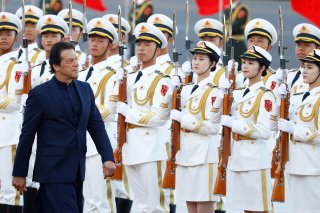
In July 2012, former cricketer-turned-politician Imran Khan described his vision for a Pakistani foreign policy on Twitter. “We stand for a nationalist foreign policy which envisages friendly relations with all on basis of reciprocity & in the interest of Pak,” he said in a social media post. Khan was chair of the populist party Pakistan Tehreek-e-Insaf, which he founded in 1996. While his party placed third in general elections in 2013, losing not only to Nawaz Sharif’s Pakistan Muslim League (Nawaz) but also to Asif Ali Zardari’s center-left Pakistan Peoples Party, the elections solidified his status as an up-and-coming political star.
Sharif became prime minister and, for the following four years until his eventual ouster by the Supreme Court as a result of the Panama Papers scandal, was both an enthusiastic proponent of reviving Pakistan’s long-standing ties to China and a political punching bag for Khan.
Khan decisively won the top spot in Pakistan’s 2018 general elections following Sharif’s fall from grace (and the brief tenure of Sharif ally Shahid Khaqan Abbasi). While Khan plays the populist card and tries to wrap himself as a champion of Pakistani nationalism and Islam, his actions suggest the opposite. By any objective standard, Khan has surpassed Sharif in his willingness to subordinate and sell-out Pakistani sovereignty to Chinese interests. While Khan has lambasted Sharif and appears to despise him, when it comes to China Khan is far more deferential to Beijing than Sharif ever was.


